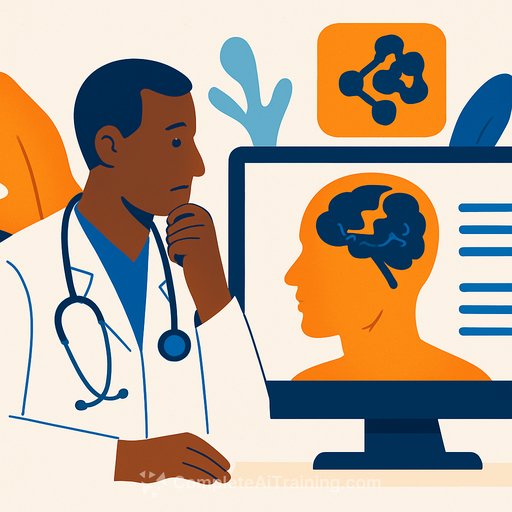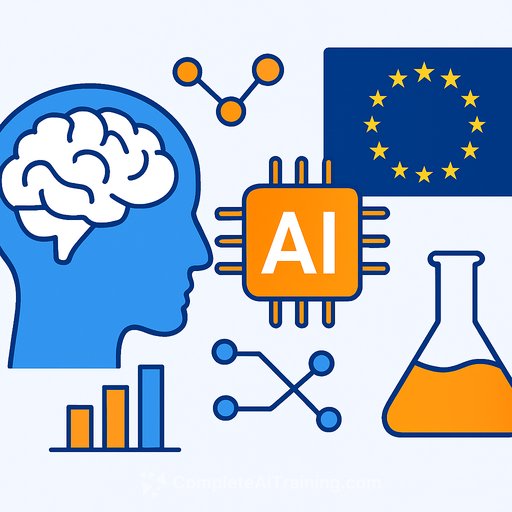Can You Trust AI for Stroke Care? Not Yet, Say Scientists in Landmark Study
Artificial intelligence (AI) has generated considerable interest for its potential to support healthcare, especially in stroke diagnosis and treatment. Despite promising developments, a recent landmark study raises concerns about the current reliability of AI systems in this critical field.
The Study's Findings
The research team evaluated multiple AI algorithms aimed at assisting stroke care. Results showed that while some systems demonstrated potential, they often lacked the accuracy and consistency essential for safe clinical deployment.
Limitations of Current AI Systems
A key issue identified was performance variability across different patient groups and clinical environments. AI models trained on limited or homogeneous datasets may fail to generalize, increasing the risk of misdiagnosis or inappropriate treatment recommendations.
The Importance of Human Oversight
Experts stress that AI should support, not replace, healthcare professionals in stroke care. Human judgment remains crucial to interpret AI outputs and ensure patient safety. Careful integration of AI tools is necessary to maintain high standards of treatment.
Future Directions
- Enhance AI algorithms for greater accuracy and consistency.
- Conduct extensive validation across diverse populations and clinical settings.
- Foster collaboration between AI developers and healthcare providers to align tools with clinical needs.
Further research is essential to improve AI’s role in stroke care. For professionals interested in the intersection of AI and healthcare, ongoing developments should be monitored closely.
Explore comprehensive AI training resources to stay updated on advancements: Complete AI Training – Latest AI Courses.
Your membership also unlocks:






